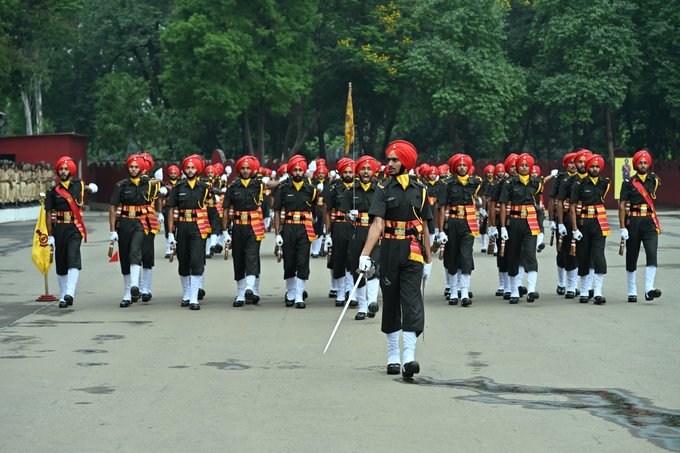Four years ago, the Indian government projected the Citizen Amendment Act, 2019 as the savior of Afghan Sikhs. Sadly, the reality is these Sikhs have converted Delhi and India into a place that issues them passports to travel to another country. Afghan Sikhs thus go through two uprootings — first from their homeland when the Taliban took control of the country, and the second from India, the country that rescued them but did not go much beyond that. In August 2021, when the Taliban took over Kabul and then large parts of Afghanistan, a batch of 24 Afghan Sikhs and Hindus landed in Delhi in an Indian Air Force plane. Among them were Narinder Singh Khalsa and Anarkali Kaur Honaryar, both members of the then Afghan Parliament and both representing the minority community. Subsequently, at least 300 Afghan Sikhs and Hindus were safely evacuated to Delhi in several batches in coordination with philanthropists, Sikh organizations, and NGOs. ‘India was like our second home. We never wanted to leave Delhi, but there was no employment, no means to survive,’ says Gurnam Singh. Nearly 350 Sikhs who were rescued by India from Afghanistan in August 2021 have now shifted to Canada in hope of a better future. Even a cursory visit to Delhi’s Afghan colonies shows us that while the migrants were welcomed better than 1991 onward when they first started coming in, finding a livelihood, making a living remains an uphill task. In the 1970s, the Sikhs in Afghanistan numbered between 200,000 and 500,000. Their population has dwindled since the Afghan wars began to less than a hundred now.


Like what you're reading? Subscribe to our top stories.
Liv Forum provides a digest of analysis on major issues facing Indian (East) Panjab and Sikhs globally.
In accordance with our Privacy Policy, we will never share or sell the information of our subscribers.






